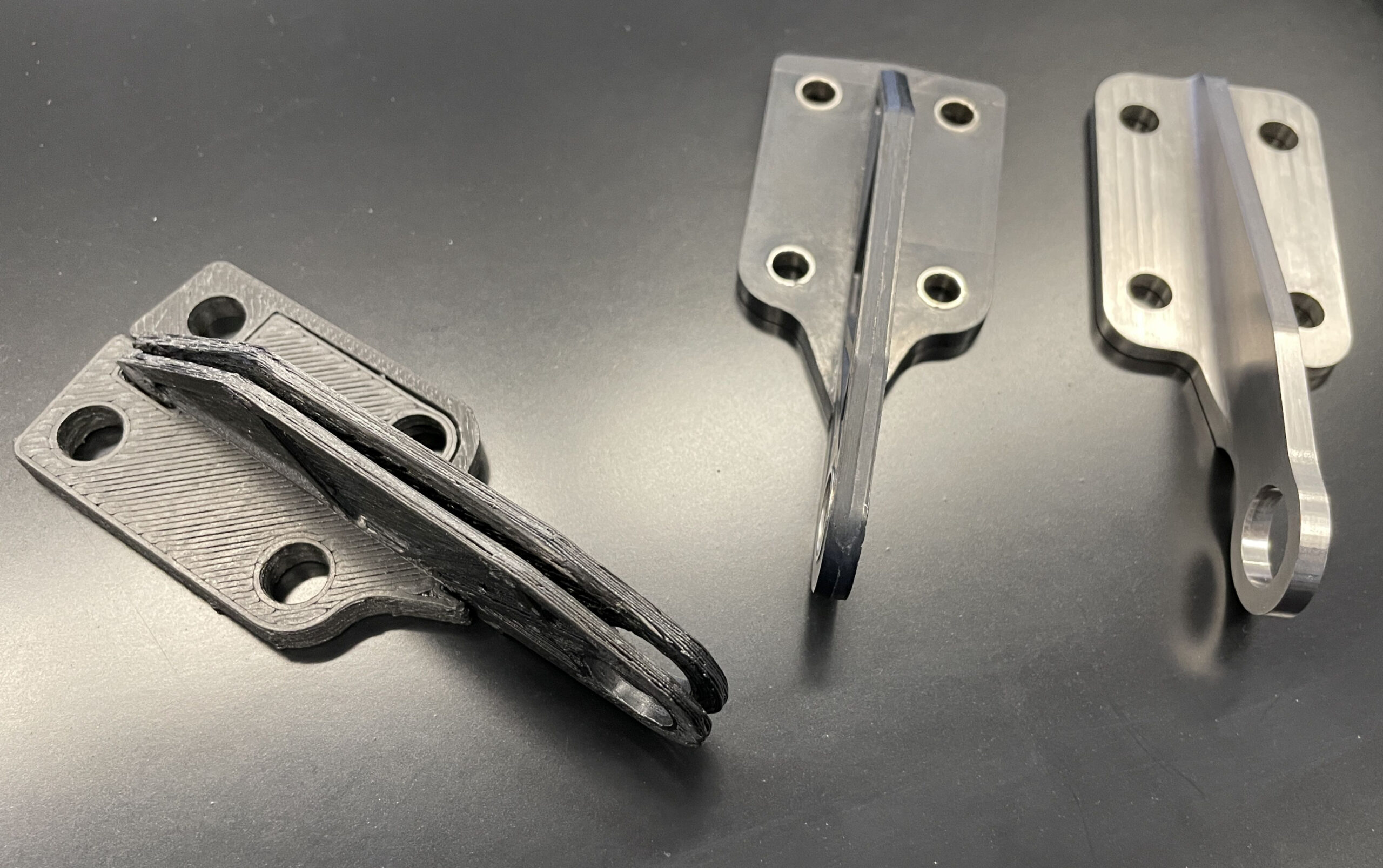With the high property prices we have seen over the last few years, plenty of first-time home buyers have had to search for creative financing options. There has been no shortage of online posts recommending they look into hard money. But is hard money a viable option for first time buyers?
Perhaps a more appropriate question is whether or not obtaining a hard money loan for a residential purchase is even possible. Theoretically, it is. But practically speaking, it is not. Hard money lenders are not in the business of funding residential property acquisitions as primary residences. About the only time they will lend on a residential property is when that property is being obtained as an investment.
Salt Lake City’s Actium Partners explains that the vast majority of hard money loans go to property investors looking to add to their portfolios. Actium prefers to limit its business to commercial properties. There are other lenders who specialize in land development, residential fix and flips, and specialty properties – like hotels and vacation resorts.
It Wouldn’t Be a Smart Move Anyway
Even if a first-time home buyer could obtain a hard money loan to buy a primary residence, it would not be a smart move anyway. Why? Because hard money loans are not well suited for primary residence purchases. Hard money loans are not mortgages. As such, they are not structured the same way.
Here are some of the inherent properties that make hard money unsuitable for residential mortgage lending:
- Short Terms – Hard money lenders never want their money tied up for too long. As such, a typical hard money loan has terms of 6-24 months. That’s it. Hard money lenders aren’t making 30-year loans.
- Rates and Fees – Hard money loans come with rates and fees that tend to be significantly higher. Interest rates alone can be several percentage points higher than conventional loans. Needless to say, hard money is expensive.
- LTVs – Hard money loans also come with much lower loan-to-value (LTV) ratios. That means borrowers need to have higher down payments. LTVs ranging from 50-75% are the norm.
There are a few other things about hard money that keep it from being a viable option for first time home buyers. Nonetheless, the fact that hard money lenders are private lenders means any one of them could take on a residential mortgage if doing so were advantageous. I just cannot imagine a scenario in which that would be the case.
Why Investors Prefer Hard Money
Knowing what we know about hard money loans leads to the inevitable question of why investors prefer hard money. Why are they okay with higher rates and fees? Why are they not bothered by shorter terms and lower LTVs? Because the positives of hard money outweigh the negatives.
One of hard money’s biggest selling points is speed. Imagine an investor seeking a conventional loan to obtain a new commercial property. It could take his bank months to approve, underwrite, and fund a loan. A hard money lender could do the same thing in a matter of days.
Hard money represents fast cash to investors. That is important to them due to the fact that investment properties move very quickly. Investors need to keep up with the pace if they want access to the best properties on the market.
Theoretically, the first-time home buyer could get a hard money loan to purchase his dream house. But he would have to find a lender willing to work with him. That’s the hard part. Hard money lenders rarely touch residential properties as primary residences.










